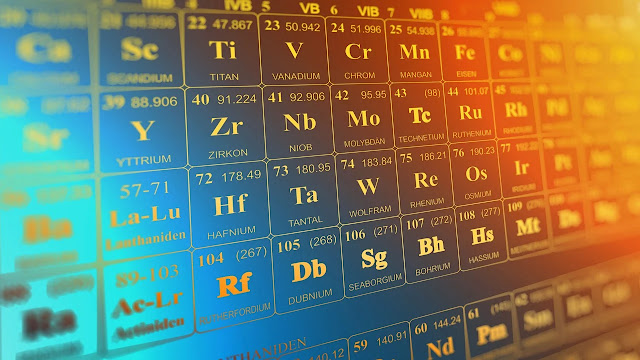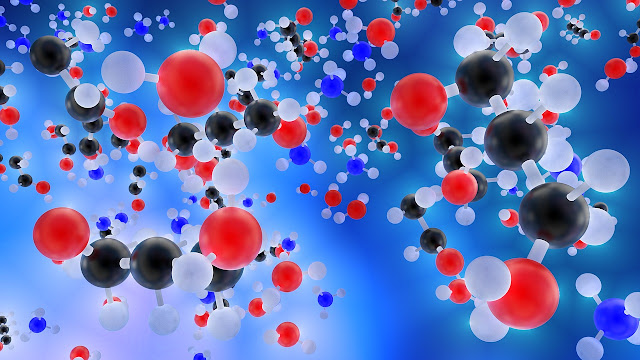what is chemistry ? and its properties
Chemistry is the scientific study of matter, its properties, and how it behaves and interacts with other matter. From the molecules that make up our bodies to the chemicals that power our modern world, chemistry plays a crucial role in our lives. In this , we will explore some of the fundamental concepts of chemistry, as well as some of the most exciting current areas of research in the field.
 |
At its core, chemistry is concerned with understanding the structure and properties of atoms and molecules. Atoms are the smallest building blocks of matter, and they are composed of protons, neutrons, and electrons.
The number of protons in an atom's nucleus determines its atomic number, which in turn determines its chemical properties. Molecules, on the other hand, are made up of two or more atoms held together by chemical bonds.
The way in which these atoms are arranged and connected determines the molecule's physical and chemical properties.
One of the most important concepts in chemistry is the periodic table of elements. This table organizes all of the known elements according to their atomic number and chemical properties. By understanding the periodic table, chemists can predict how different elements will behave in different chemical reactions.
For example, elements in the same column of the periodic table (known as a group) tend to have similar chemical properties, which makes it easier to predict how they will react with other elements and compounds.
Chemistry has numerous applications in everyday life, from producing food and medicine to creating new materials for technology. For example, chemists play a crucial role in developing new drugs that can treat diseases and improve human health
. They also work to develop more sustainable sources of energy, such as solar and wind power. In addition, chemists are involved in creating new materials for use in electronics, transportation, and construction.
One of the most exciting areas of research in chemistry today is the development of nanotechnology.
Nanotechnology involves working with matter on a very small scale, typically at the nanometer level (one billionth of a meter). By manipulating and controlling matter at this scale, scientists can create materials and devices with unique properties and capabilities.
For example, researchers are developing new types of sensors that can detect very small amounts of chemicals, as well as materials that can self-assemble into complex structures.
conclusion
chemistry is a fascinating and essential field of study that helps us to understand the world around us. From the atoms and molecules that make up our bodies to the technologies that power our lives, chemistry has a hand in almost everything we do.
As we continue to advance our understanding of this complex science, we are sure to make many more exciting discoveries and breakthroughs in the years to come.



0 Comments